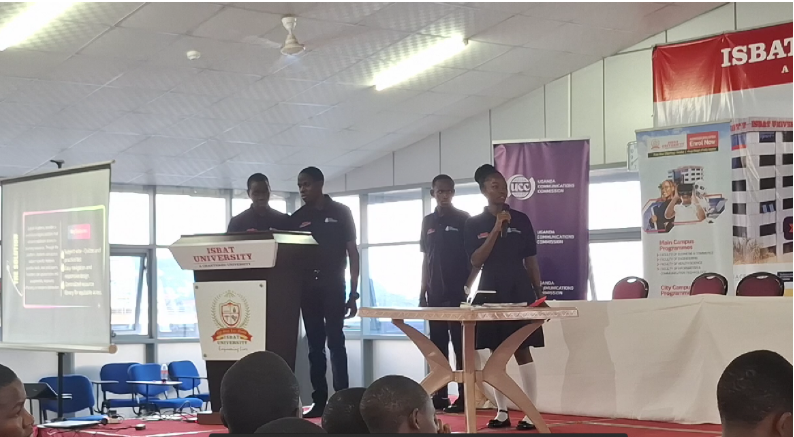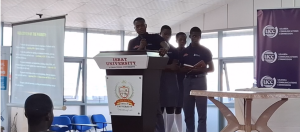Mbazzi Riverside High School (Mpigi) — Bridging the Learning Gap through Jubrah Academy Digital Library

Access to quality learning materials remains one of the biggest challenges in Uganda’s education system, especially in rural communities where schools often lack well-equipped libraries. Recognizing this persistent problem, the students at Mbazzi Riverside High School (Mpigi) developed an innovative digital solution known as Jubrah Academy — a platform that transforms how learners access, share, and engage with educational content.
Jubrah Academy functions as a centralized online library that allows teachers and students to upload, organize, and access academic resources with ease. The platform supports multiple formats, including notes, videos, images, and reading materials, ensuring that learning is both interactive and inclusive. By presenting content in a course-based structure, Jubrah Academy goes beyond static storage — it enables learners to study systematically and even earn certificates upon completing modules, a feature that motivates continuous learning and accountability.
In many Ugandan schools, particularly those in rural districts, physical libraries are understocked, and students depend on limited textbooks or outdated materials. Jubrah Academy eliminates these barriers by offering an open digital space accessible via computers or smartphones. Whether in a classroom, ICT lab, or at home, students can now connect to a rich pool of information curated by their own teachers. This not only enhances academic performance but also encourages independent study, digital literacy, and self-paced learning, which are essential competencies in today’s knowledge-based world.
The project also reflects the vision of integrating ICT into education as promoted by the Uganda Communications Commission (UCC) and KAWA Uganda under the ICT Clubs program. By empowering learners to create a functional, user-friendly platform, Mbazzi Riverside High School demonstrates that innovation does not require expensive infrastructure — it requires creativity, teamwork, and purpose. The students’ effort shows that young people can design technology that directly addresses the learning challenges faced by their peers and teachers.
Beyond its immediate benefits, Jubrah Academy contributes to Uganda’s broader development goals, aligning with Sustainable Development Goal 4 — Quality Education and Goal 9 — Industry, Innovation, and Infrastructure. It symbolizes a future where every learner, regardless of background, can access the same quality of knowledge and learning opportunities through digital platforms.
By developing Jubrah Academy, Mbazzi Riverside High School has positioned itself as a model for educational innovation and community-driven technology. The project bridges the gap between limited physical resources and the limitless potential of online learning, proving that when students are empowered, they can become architects of a more inclusive and informed Uganda.




